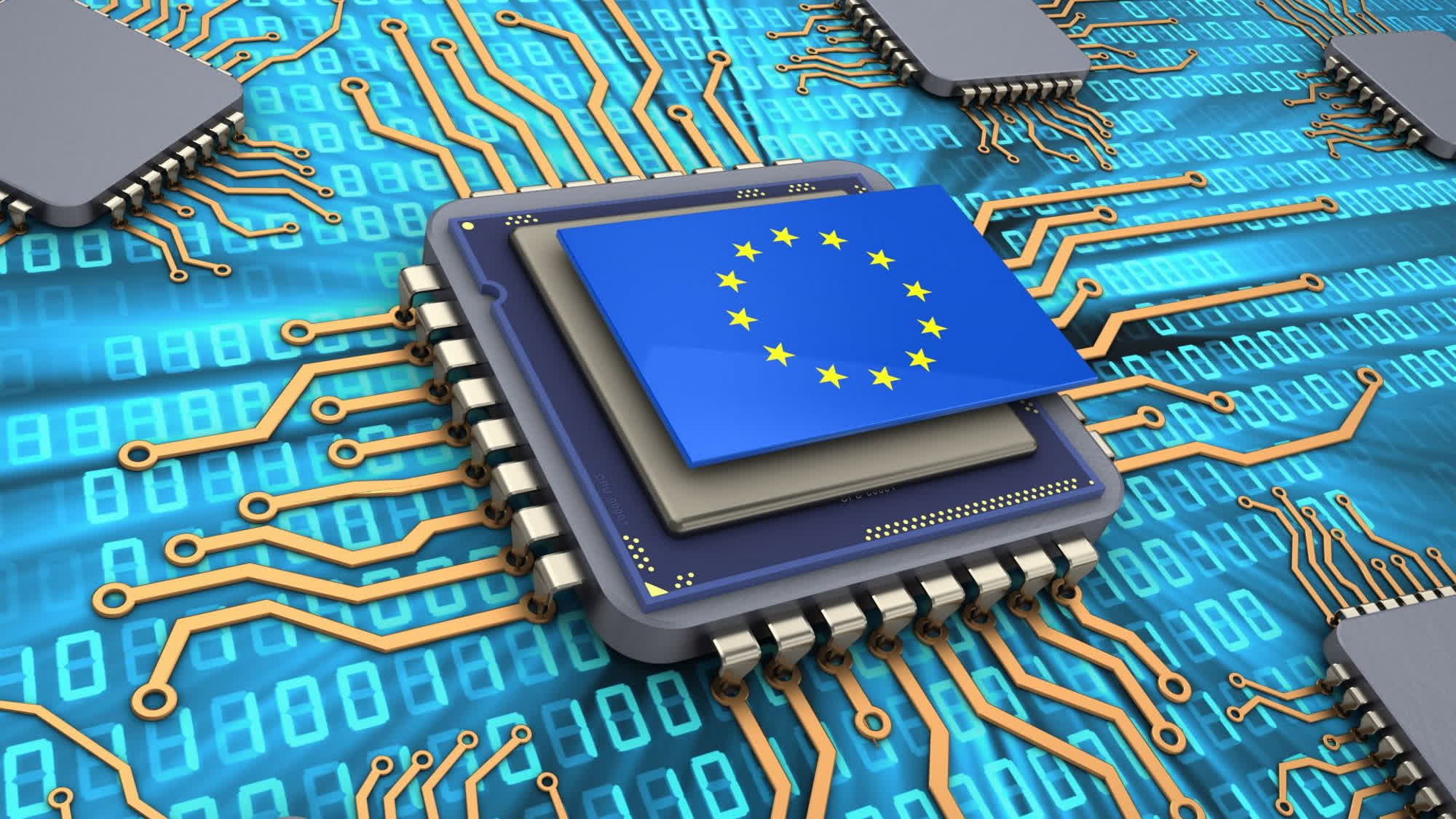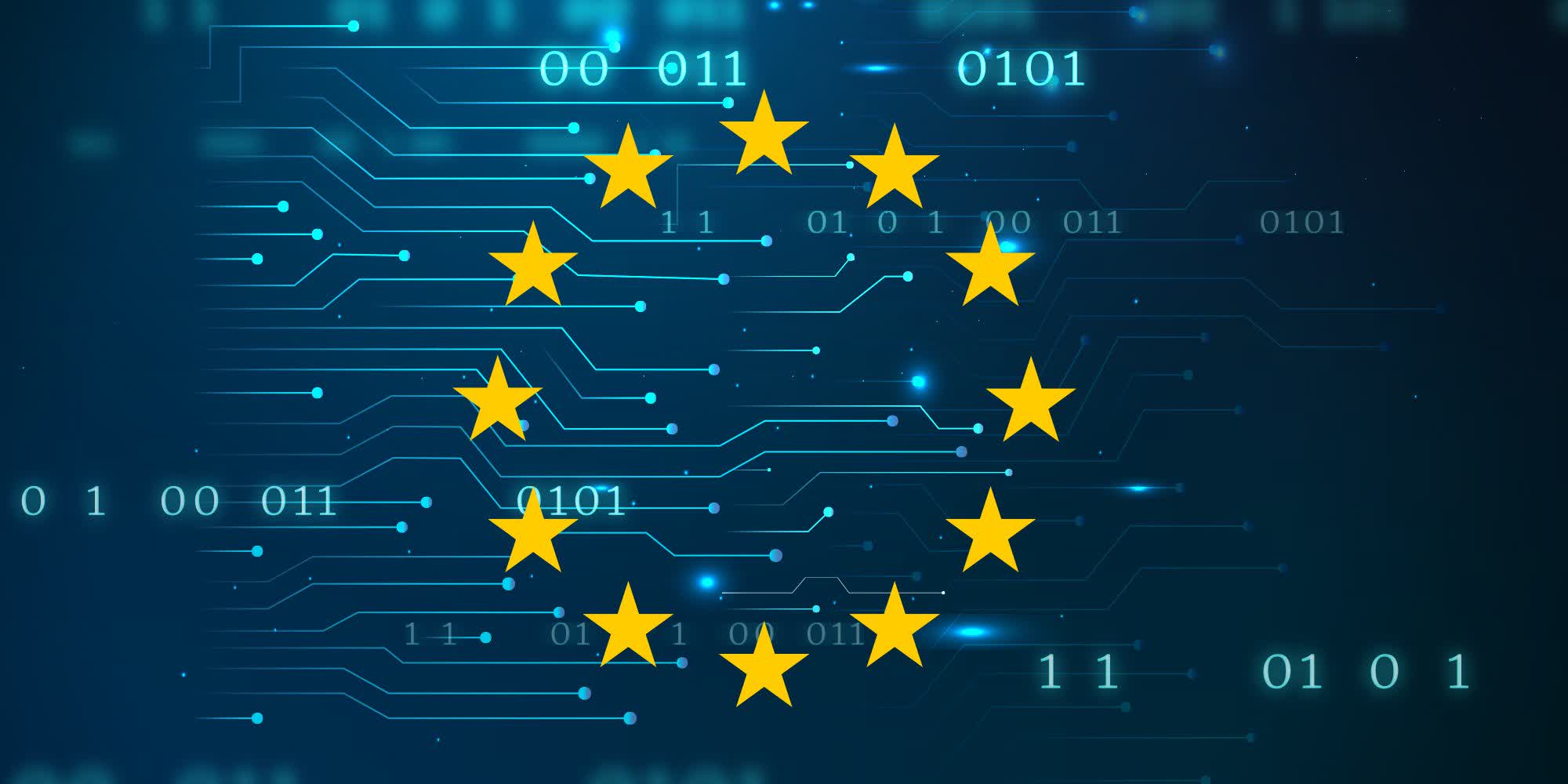Why it matters: Europe is accelerating the pace at which it puts money in potential technology breakthroughs. The new funding round is no Chips Act, but it will provide fresh investments to a lot of companies interested in doing business (and making advanced technology) in the Old Continent.
The European Commission has approved a new round of technology-related public funding, providing €8.1 billion (roughly $8.7 billion) for microelectronics and communication projects conceived to bring innovation and advanced tech to the European market.
The latest public support coming from Brussels is related to projects designated as "Important Project of Common European Interest" or IPCEI, which include potential innovations in hi-tech and computer technology. For IPCEI eligibility, an EU project must have a significant impact on energy markets and market integration in at least two EU states, must boost competition, and increase renewable energy utilization.
The European Commission states that the €8.1 billion funding initiative will provide aid to 68 projects which are part of the IPCEI program, with highly ambitious ventures which aim at developing technologies that "go beyond what the market currently offers." A total of 56 companies will get Europe's money, including small and medium enterprises (SME), start-ups, technology giants with a global reach, such as GlobalFoundries, Bosch, Renault, STMicroelectronics, and many more.

The aforementioned companies will be involved in projects related to research and development for materials and tools, chip design and manufacturing processes, 5G/6G mobile communication technologies, autonomous driving, and of course the inevitable batch of artificial intelligence and quantum computing ventures.
The €8.1 billion investment will be provided by the following 14 EU countries: Italy, Austria, Czech Republic, Finland, France, Germany, Greece, Ireland, Malta, Netherlands, Poland, Romania, Slovakia and Spain. Brussels authorities think that the public funding will attract even more investments from the private sector, with an additional €13.7 billion in aid. The first actual products coming from the 68 innovative IPCEI projects are expected to arrive on the market as early as 2025, while the overall funding initiative should be completed by 2032.
Margrethe Vestager, Executive Vice-President in charge of EU competition policy, said that innovation is essential but it can come with "risks that the market alone is not ready to take." Europe has already shown that it is now seriously considering the matter with the previously approved EU Chips Act, and the new funding round is designed to further invest in Europe's "technological and industrial leadership" in semiconductors and hi-tech.
